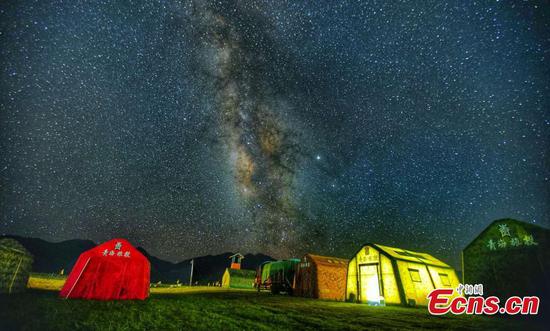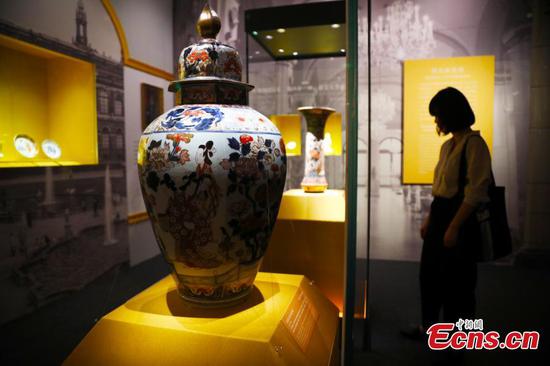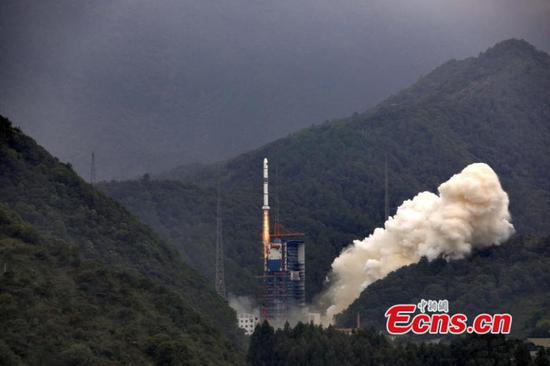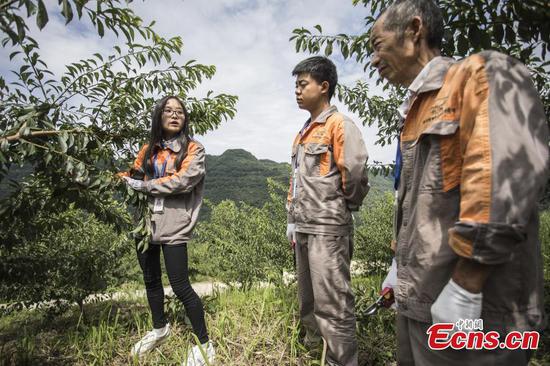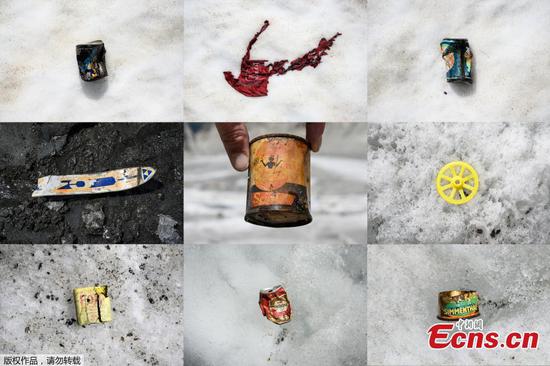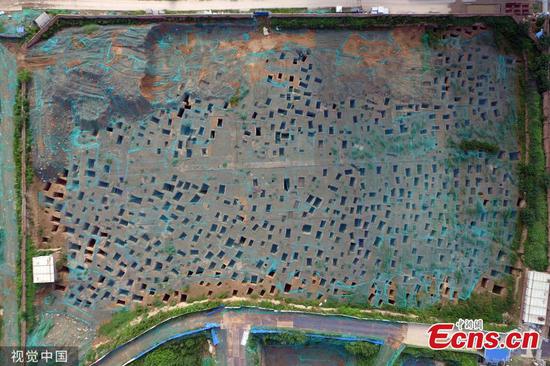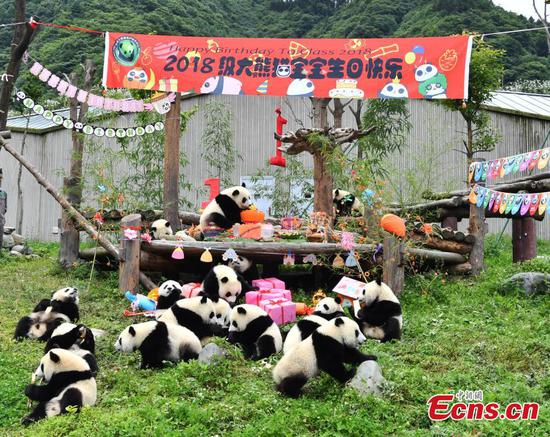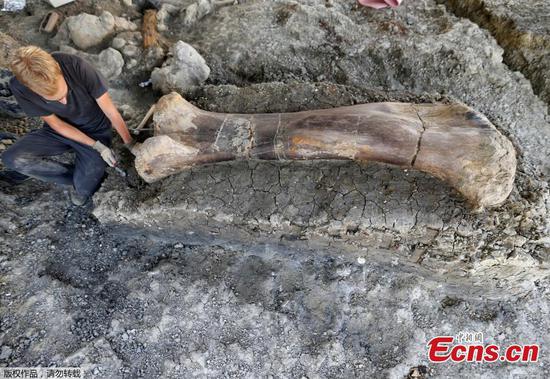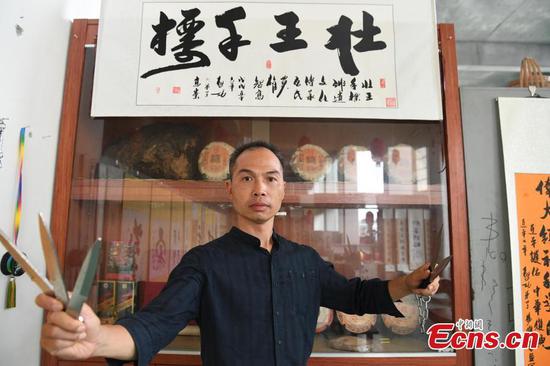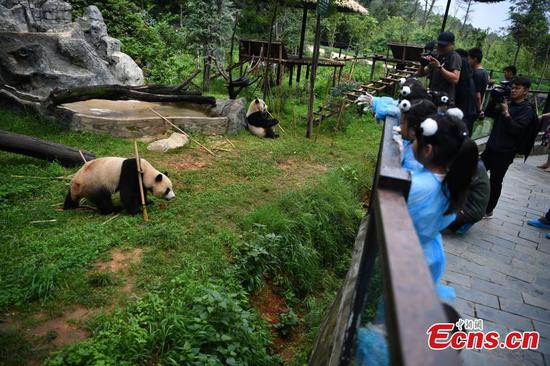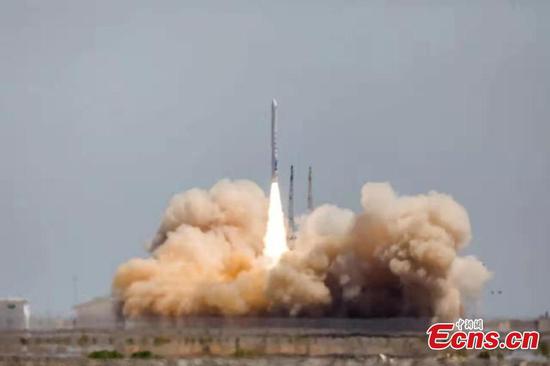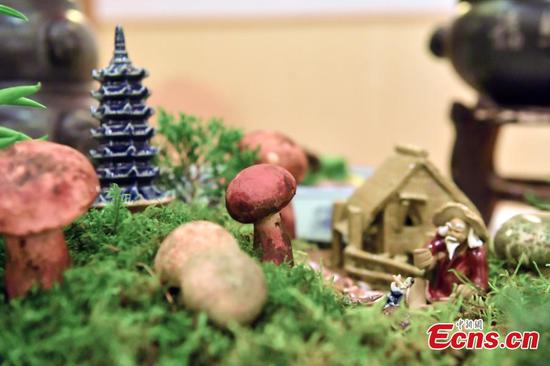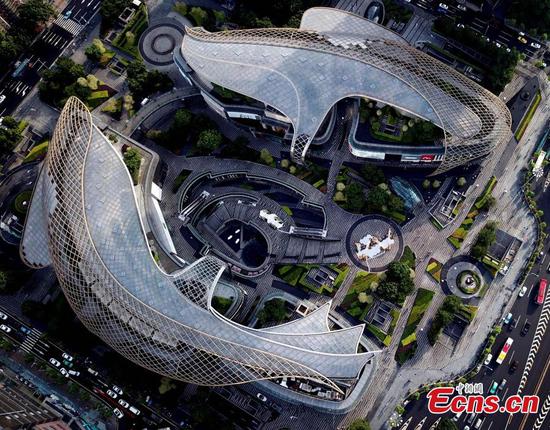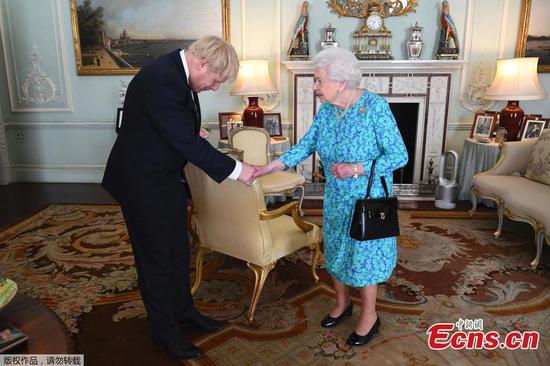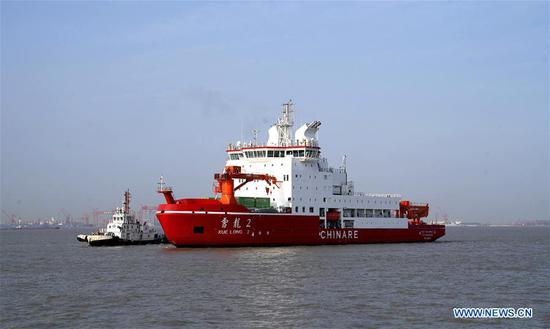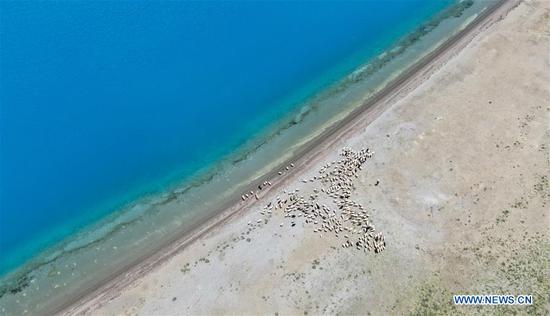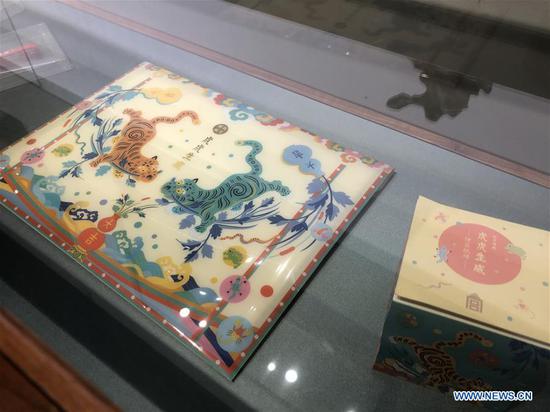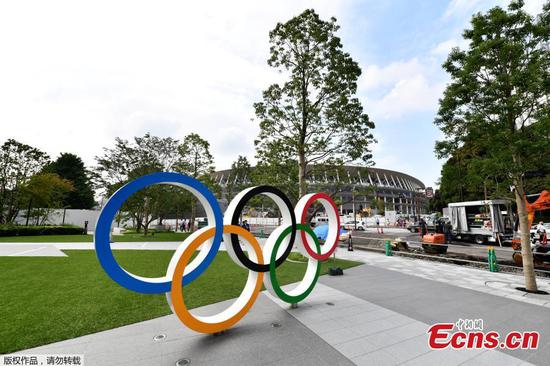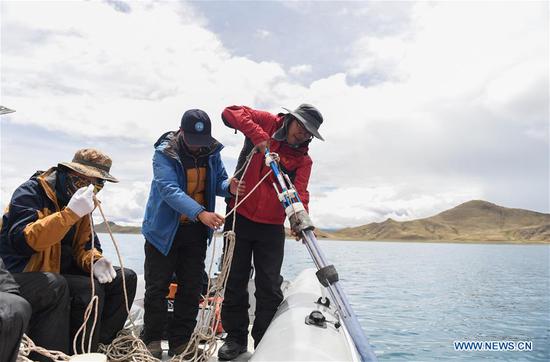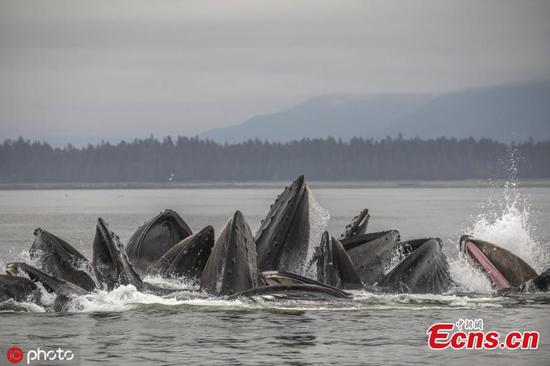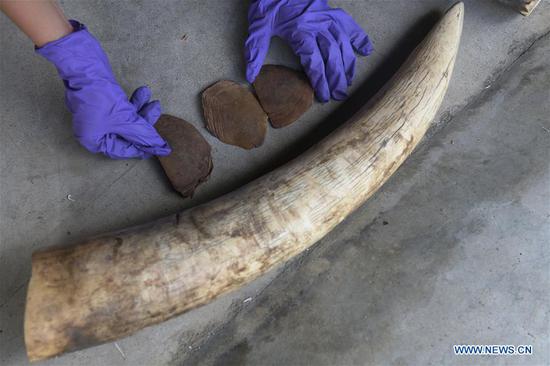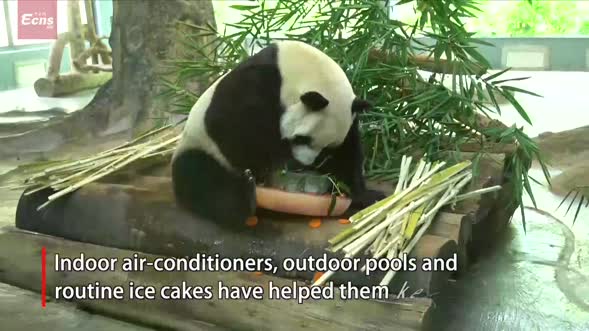U.S. and Chinese bioengineers and officials called for intensified collaboration by the two countries to mitigate growing biosafety and biosecurity risks at a symposium held in Washington D.C. on Friday.
The symposium, co-sponsored by Johns Hopkins University and Tianjin University, came as engineering biology has unleashed a revolution in solving problems in medicine, agriculture, energy and ecology, and also brought new risks such as gene editing ethics, bio-lab safety accidents and even bioterrorism.
About 100 experts and officials from both countries participated in the workshop to discuss governance options for the oversight of advanced life sciences, opportunities for international cooperation, and challenges posed by the dual-use technology.
Engineering biology or synthetic biology is an emerging technology involving the design and construction of novel artificial biological pathways, organisms or devices, or the redesign of existing natural biological systems.
"We want to work together (with Chinese counterparts) by bringing together scientists from China and the United States," Tom Inglesby, director of Johns Hopkins Center for Health Security, told Xinhua.
Inglesby said collaboration with China is important since China has spent a substantial amount of investment and has an overall strategic plan to support the technology.
"We are trying to identify if there are things that China's doing that we can learn from, and China might find some things in the United States that are helpful, and we could do together in the future to bring new ideas for improving biosafety," said Inglesby.
The United States and China are "heavily invested in the biotechnology revolution" and both countries are "well-positioned to influence sound approaches to responsible scientific development internationally," according to a statement issued by the symposium's sponsors.
Admitting the technological competition between the two countries in synthetic biology, Inglesby said they have more common interests to ensure the technology is "safe, secure and not to be misused," which is "hard to do from a distance."
Zhang Weiwen, director of the Center for Biosafety Research &Strategy at Tianjin University, told Xinhua that synthetic biology is a brand-new area that needs new values and new rules which cannot be made by an individual country.
"The discussion would not only benefit the two countries, but also provide a clue for finding a global solution," said Zhang.
Inglesby's and Zhang's teams are working to make the symposium a regular event. "It is not just a one-time conversation. It will be a longer-term dialogue," said Inglesby. Enditem









